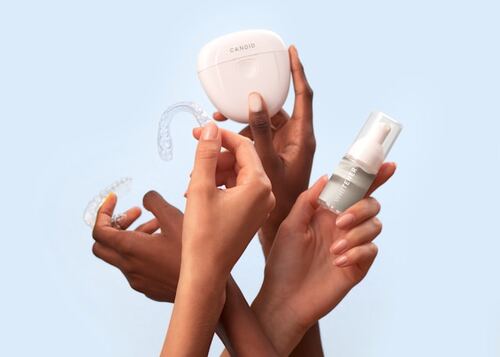
We are commonly aware of the crucial aspect of oral hygiene that instructs brushing teeth twice daily, flossing, and visiting one’s dentist regularly for check-ups. Wouldn’t it be great, however, if there were easy tweaks in the routines of many that could affect their dental care significantly? Enhancing oral hygiene can be shorter and simpler than what most people think; sometimes, the small changes create the greatest difference.
1. Choose the Toothbrush Right
Just the toothbrush you use can be an element of the quality of “washing” your teeth every day. To effectively remove plaque without damaging your gums, choose a toothbrush with soft bristles. In addition, electric toothbrushes are good choices; they apply the right pressure consistently and have more modes to keep cleaning even deeper. Change your toothbrush or head on the brush every three to four months or even sooner when the bristles become frayed.
2. Cleaning Between Teeth
Indeed, brushing only removes plaque from approximately 60% of tooth surfaces. He must get into the space between teeth, where plaque and food particles tend to accumulate, to get a really thorough clean. That’s where the interdental brush comes in handy. A piksters interdental brush is an extremely handy tool that allows individuals to insert the device between the teeth and remove dirt and plaque secretion usually missed by the regular brushing exercise. With continued use of interdental brushes on a daily basis, that user will have reduced risk of cavities, diminished chances of acquiring gum disease, and bad breath, thereby enhancing his overall oral hygiene.
3. Use Fluoride Mouthwash
Mouthwash often does not find its way to oral routines, but with the incorporation of fluoride mouthwash, it helps strengthen your enamel and fight potential tooth decay. This is especially beneficial for people who are prone to cavities or those less fortunate with a fluoridated water supply. Swish around for thirty seconds after brushing and flossing to give your mouth the final touch of additional protection and that burst of fresh magic to keep you feeling confident all day.
4. Don’t Skip Flossing
Flossing is another minor oral hygiene practice that you may conduct in addition to brushing. By flossing, you can maintain the spaces between your teeth free of dirt and plaque that a brush cannot get to. Traditionally, flossing has been doing well; many people find it hard to use. So, if you want an easier option, then opt for floss picks or underbrush the teeth, and you can do a faster, easier clean.
5. Watch the Food You Eat
The teeth and gums are considered to be a little bit beautiful parts of the body because they can be greatly affected by what you eat. Limit your consumption of acidic drinks and sugary snacks to avoid teeth erosion and decay. Preferably, eat lots of crunchy fruits and vegetables that naturally scrub your teeth, stimulate saliva production, and help your mouth stay cleaner between brushings by flushing out food and bacteria.
Enhancing your care regimen doesn’t need to feel daunting at all. Making adjustments, such as adding a brush to your daily routine and including fluoride mouthwash in your oral care habits, can greatly improve the health of your teeth and gums.






